Beck on his orchestral shows: 'It's something that can't be simulated by AI'
Following two nights at London's Royal Albert Hall, Wallpaper* meets Beck and conductor Edwin Outwater to hear how the pair brought to life Beck's back catalogue with an 80-piece orchestra
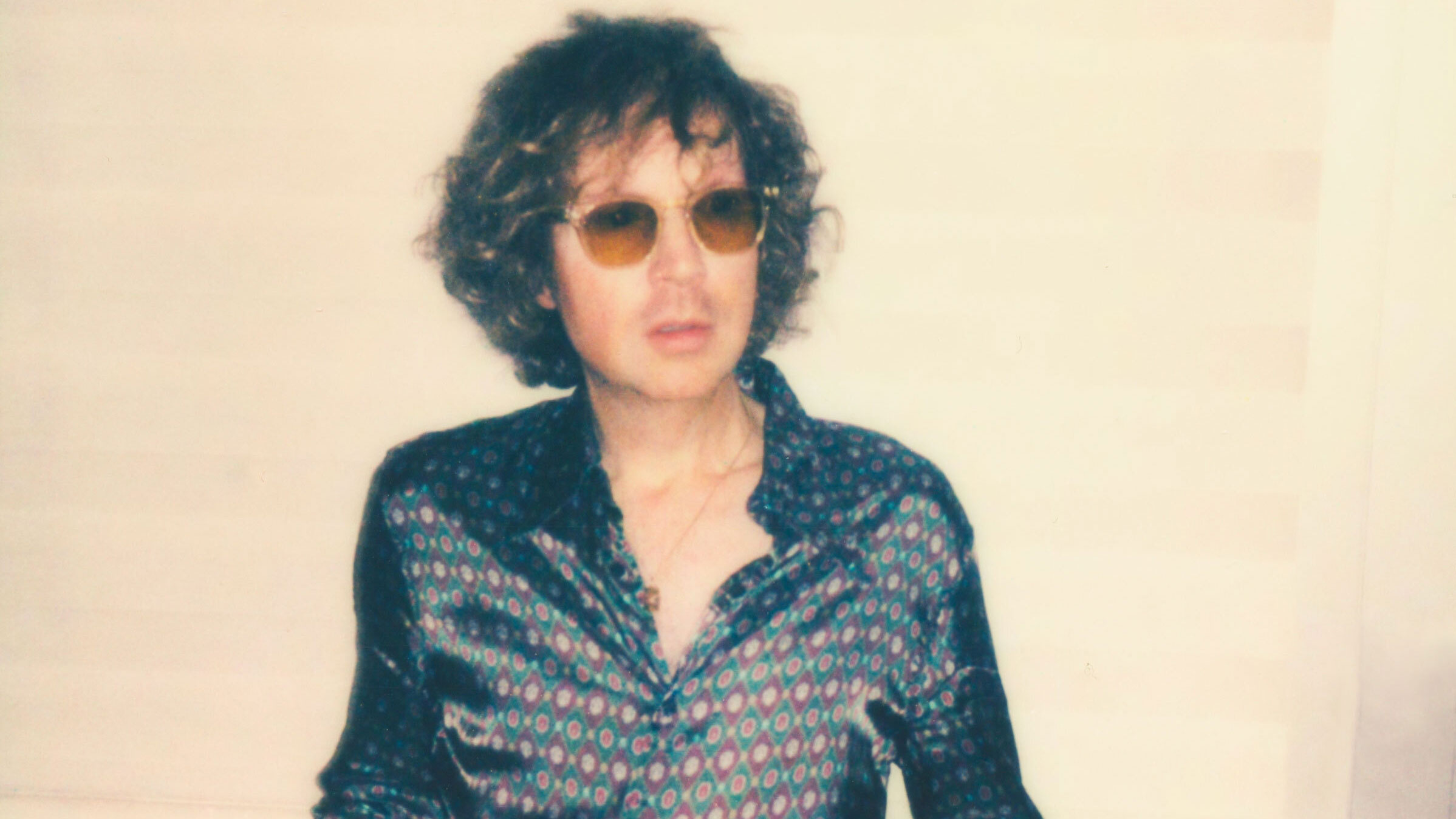
Musically, London’s Royal Albert Hall is the very definition of hallowed ground. Its famously luxurious interior and supernatural acoustics have attracted some of the greatest composers and musicians in the world, be it the Royal Choral Society’s debut concert in 1871 or Sir Peter Maxwell Davies opening Queen Elizabeth II’s 80th birthday celebration in 2006. So, when alt-pop innovator Beck was booked to play this most revered of venues in 2003, he naturally rose to the occasion with… a low-key solo performance.
'It was just acoustic guitar and a piano,' the notoriously press-shy star laughs to Wallpaper* over the phone. 'That was… daunting.' The 54-year-old describes his recent grand return to the Hall, when he soared through choice cuts from his back catalogue with a little help from the BBC Concert Orchestra, as 'a compensation for the lack of backing – I came back with 85 people'.
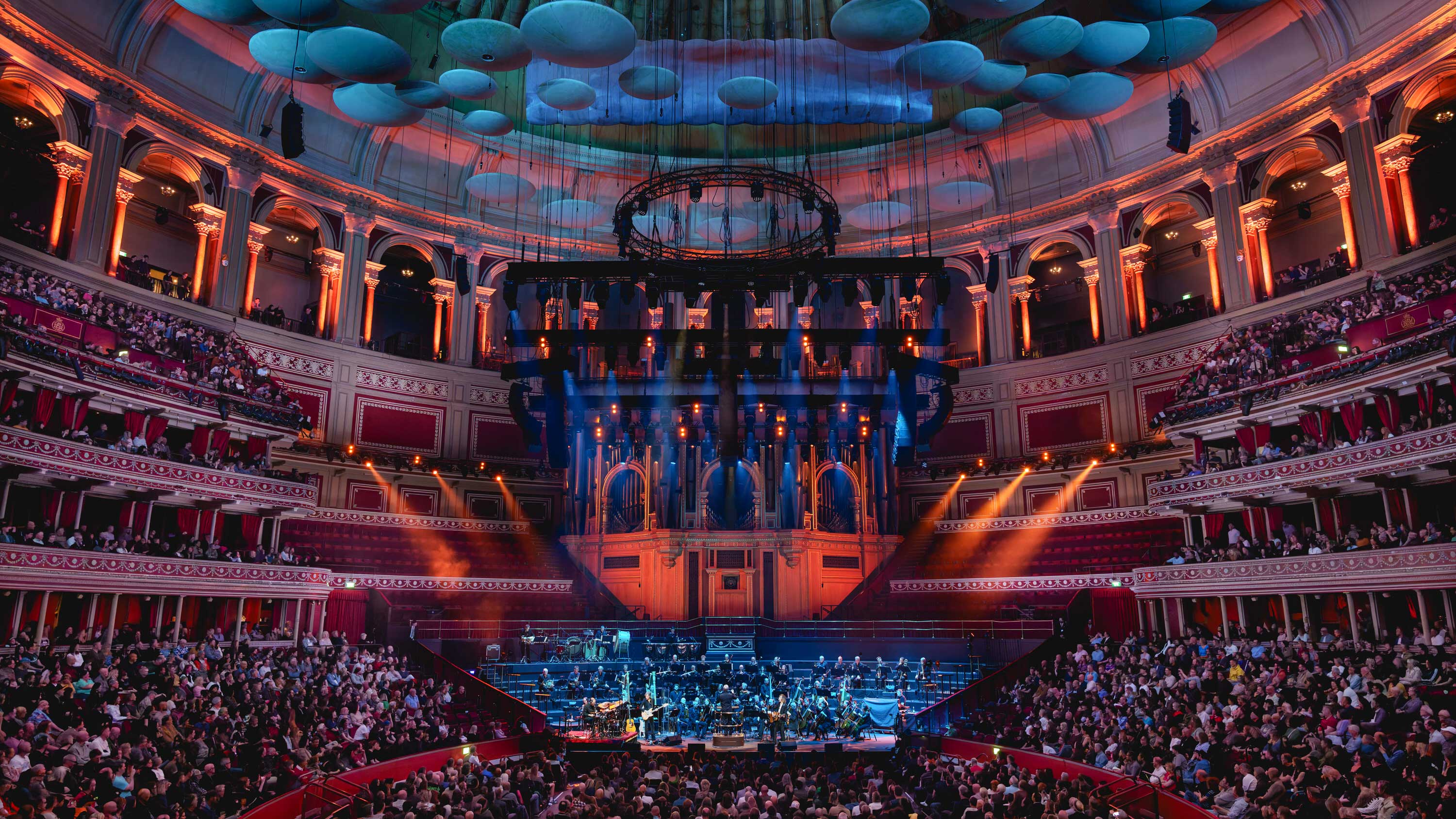
The California-born star performed across two nights during the Easter weekend, looking louche in a flared suit and drawing liberally from his masterful 2002 album Sea Change, which is steeped in lush orchestration. He’d never had the chance to perform that album with an orchestra, he told the roughly 5,000-strong sold-out crowd on the Saturday night, and now relished the chance to do so. It was an indication that he’s always valued strings and a bit of justified pomp, even if those who know him best from his ‘90s indie imperial phase might think of bluesy slacker anthems (‘Loser’) and cartoonish, spoken-word rap (‘Devil’s Haircut’).
Along with fellow Angeleno Edwin Outwater, the conductor who heralded the event with warmth and precision on the Saturday night (Grammy-winning multi-instrumentalist Troy Miller took the reins at the following show), Beck launched this orchestral project with an American tour last year. The idea, he says, emerged when he and his band were asked to perform with the Royal Philharmonic Orchestra at the Steinmetz Hall in Orlando, Florida in 2023.
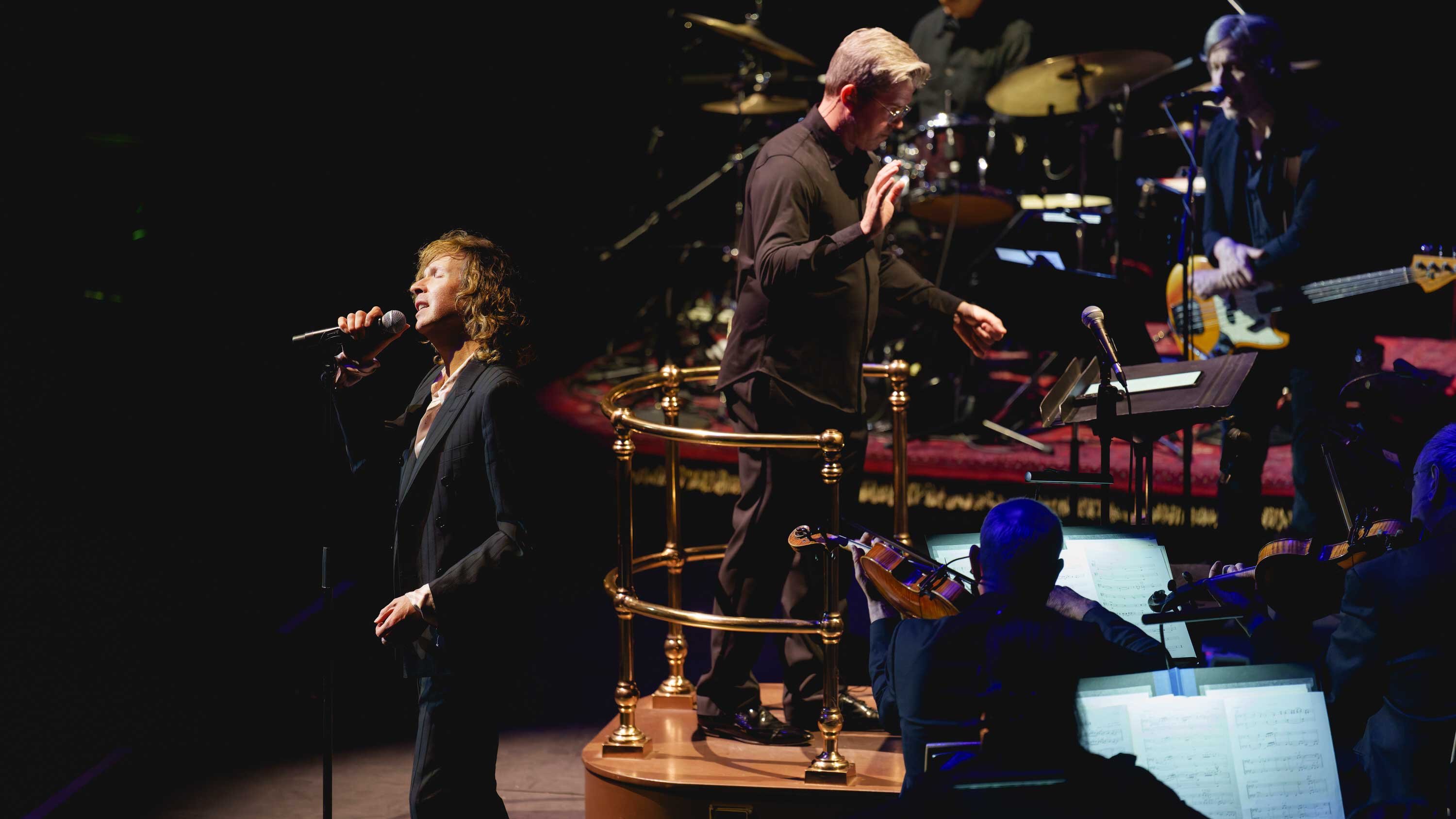
'It was kind of a last-minute thing; I think another artist had dropped out and we filled in,' he recalls. 'Looking through my records, I realised there were a couple of dozen songs that had orchestra on them, so there was a lot to draw from. I think we were all surprised at how it went and that led to more shows last year. Now it’s kind of taken on a life of its own…'
In London, the result was truly spine-tingling, with the BBC Concert Orchestra drawing all of the drama and subtlety out of Beck’s three-decade-plus body of work. This magic will be reconjured during an orchestral tour of Asia and North America from next month, again with Outwater on conducting duties. Onstage at the Royal Albert Hall, the singer stated that at this kind of show, 'Usually how it goes is they just do strings on top of the hits,' but he’d taken a much more bespoke approach. Speaking on a separate call over Zoom from his home in San Francisco, Outwater tells us this was precisely the appeal.
'Orchestras and orchestration live on a lot of his tracks,' he explains, 'and I think the tracks on Sea Change and [its 2014 sequel] Morning Phase breathe in a more symphonic way. I knew that orchestra would have a role that wasn’t just background but was part of the whole sound world. When I work with rock artists, that’s the most appealing situation to be in.'
Wallpaper* Newsletter
Receive our daily digest of inspiration, escapism and design stories from around the world direct to your inbox.
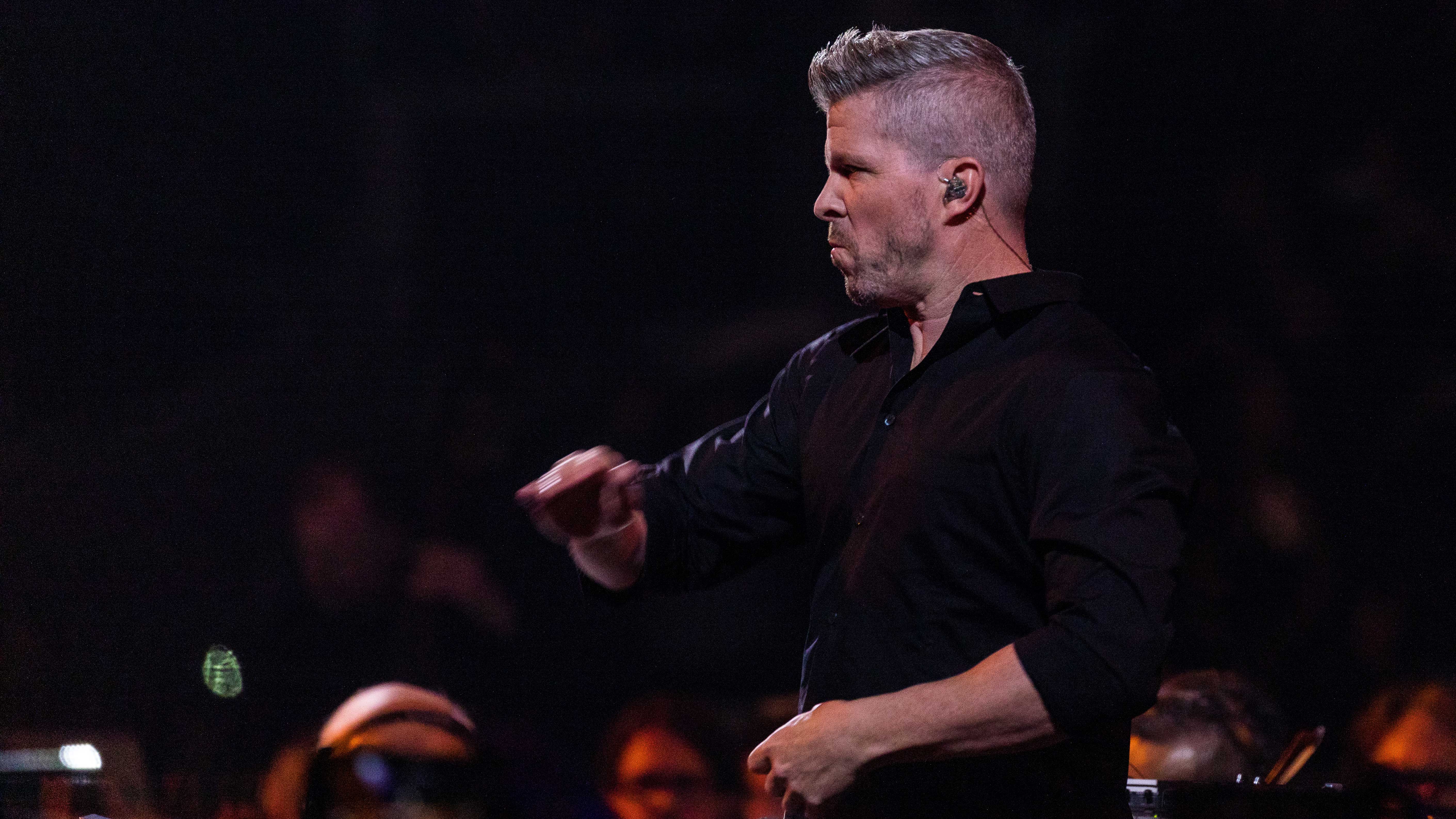
Outwater is a dab hand at reinvigorating rock music with orchestral arrangements, given that he and the San Francisco Symphony Orchestra helped Metallica to realise their fabulously named S&M (Symphony and Metallica) concerts in 2019. When it comes to Beck, though, he’s working with someone who’s been immersed in classical music since childhood, as the singer’s father, David Campbell, is an acclaimed composer in his own right.
Indeed, it’s Campbell who arranges Beck’s orchestral tracks on record, which the star says made the whole process more intuitive than it might have been: 'We were able to transcend some of the pitfalls that can make having an orchestra overblown or cringe-inducing.'
'We were able to transcend some of the pitfalls that can make having an orchestra overblown or cringe-inducing.'
Beck
Working with a parent sounds like it has the potential to be… stressful. How did Beck find the experience? 'It was pretty natural. He’s very open and sympathetic and patient. I was really particular and maybe almost a little overprotective of the songs. I didn’t want the strings to make them corny, so we worked quite a lot at getting the right voicings and the right approach to the performance, taking out elements that were clichéd. It was a real process. We’ve gotten better at it over the years and developed an approach that works.'
This is perhaps unsurprising, given that the pair’s collaborations stretch as far back as the woozy, bruised ‘Strange Invitation’, the B-side to Beck’s 1996 single ‘Jackass’. There certainly seems to be an appetite for the singer in this mode: his sweeping version of the Korgis’ ‘Everybody’s Got To Learn Sometime’, which appeared in Michel Gondry’s classic 2004 film Eternal Sunshine of the Spotless Mind, is now one of his most beloved tracks.
Despite having only been added to streaming services in October 2022, the song has amassed almost 27 million Spotify plays and counting, leading Beck to dust it off onstage. 'We never played it!' he admits. 'I didn’t even know people knew it. It just was kind of invisible. That was a surprise to me.' The cover is a collaboration with American multi-instrumentalist Jon Brion and, he says, 'it makes me wish that we did more together…'
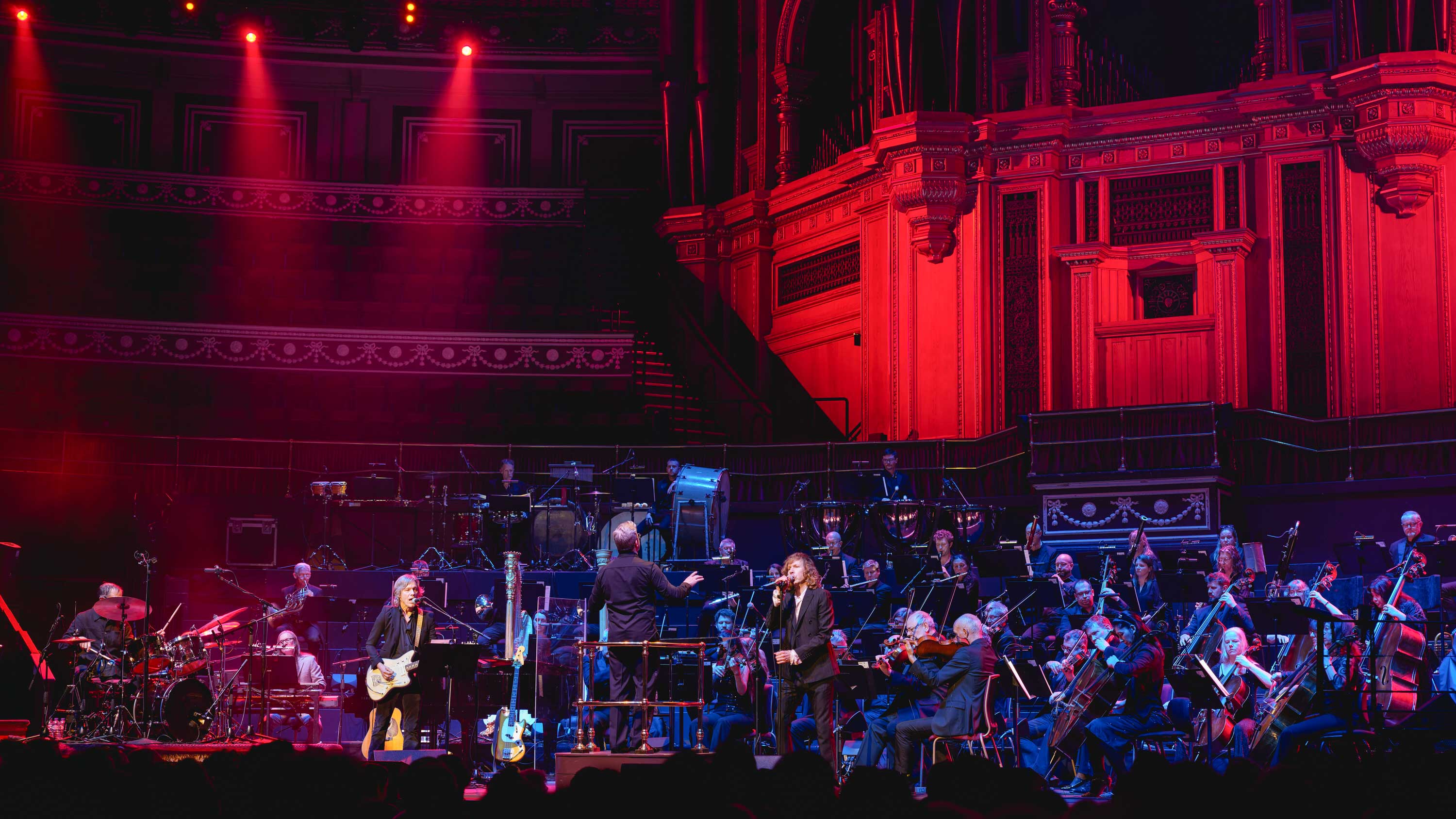
The song’s popularity, along with the success of the orchestral tour, perhaps indicates a wider appetite for orchestral pop. Yet it’s a Herculean task, notes Beck, 'getting 80 people onstage. It’s expensive. That’s a challenge for any orchestra, anywhere, these days in a world of DJs and solo electronic artists. That seems to be the model that works in this market.'
Outwater agrees that there’s a clear – ahem – sea change in the general music fan’s desire to experience such a spectacle, noting that the Los Angeles Philharmonic recently became the first major orchestra to perform at Coachella Festival in California: 'I think what draws rock and jazz artists to the orchestra world is a fascination with orchestras themselves – they haven’t really changed since the early 20th Century. It is still extraordinary to see over 100 people playing together in such a precise way and making such an unbelievable variety of sounds… It’s one of the great things that we’ve created as a civilisation.'
It is still extraordinary to see over 100 people playing together in such a precise way and making such an unbelievable variety of sounds… It’s one of the great things that we’ve created as a civilisation.'
Edwin Outwater
You can easily see, then, why Beck has recently been working with an orchestra in the studio. He rebuffs any attempt to define this as a follow-up to his 2019 album Hyperspace, though, preferring the term 'undisclosed, unnamed project'.
This is the same impish, playful Beck who closed out the Royal Albert Hall show with a four-song rock concert sans orchestra. During our interview, he seems most at ease when marvelling at the 'monumental human effort' required to pull off the event that he’ll soon take back on tour: 'I think that’s what touches people and what they recognise when they come to the show: they’re seeing something that can’t really be simulated by AI or a computer programme. It’s actual. And the feeling that it gives you is really rarefied.'
Beck's orchestral shows are coming to the US in July – details at Beck.com
Jordan Bassett is a London-based journalist, writer and broadcaster with over a decade’s experience covering pop culture with a focus on music. As a journalist Jordan has interviewed some of the world’s best-known music figures, writing for the BBC, NME, Esquire, Spin, Vintage Rock, Classic Pop, Kerrang!, Grazia and many more. He was Commissioning Editor (Music) at NME between February 2020 and September 2022 and was on staff at the publication for seven years. In addition to this, Jordan is the author of Here’s Little Richard, a recent instalment in Bloomsbury Publishing’s 33 1/3 series of books about classic albums. This one pays loving tribute to the King and Queen of Rock’n’roll.
-
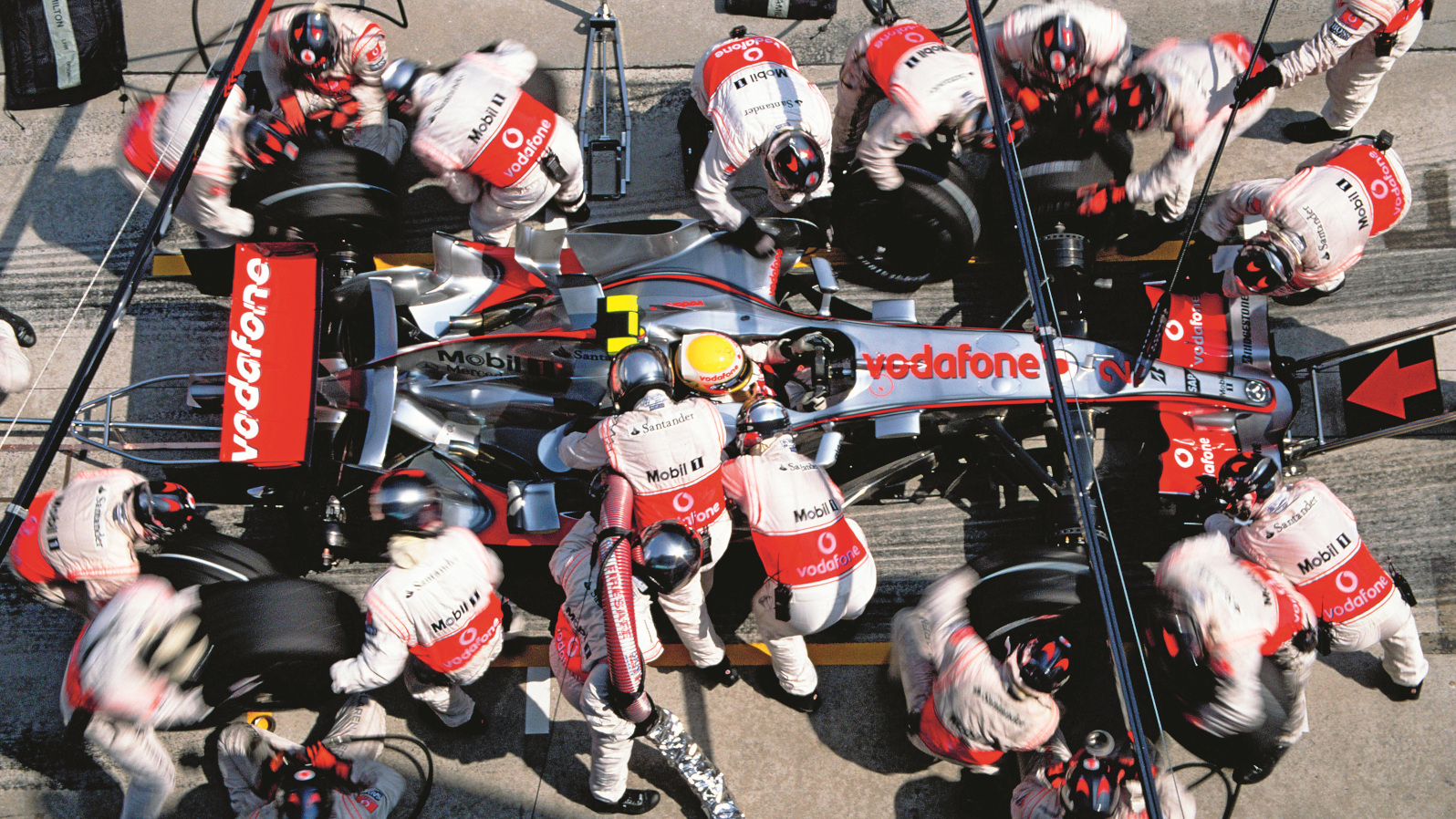 Formula 1 in photos: 100 memorable moments
Formula 1 in photos: 100 memorable momentsA new book, ‘Formula 1: The Impossible Collection’, marks 75 years of the motor-racing championship – a history full of tenacity, triumph and tragedy
By Bridget Downing
-
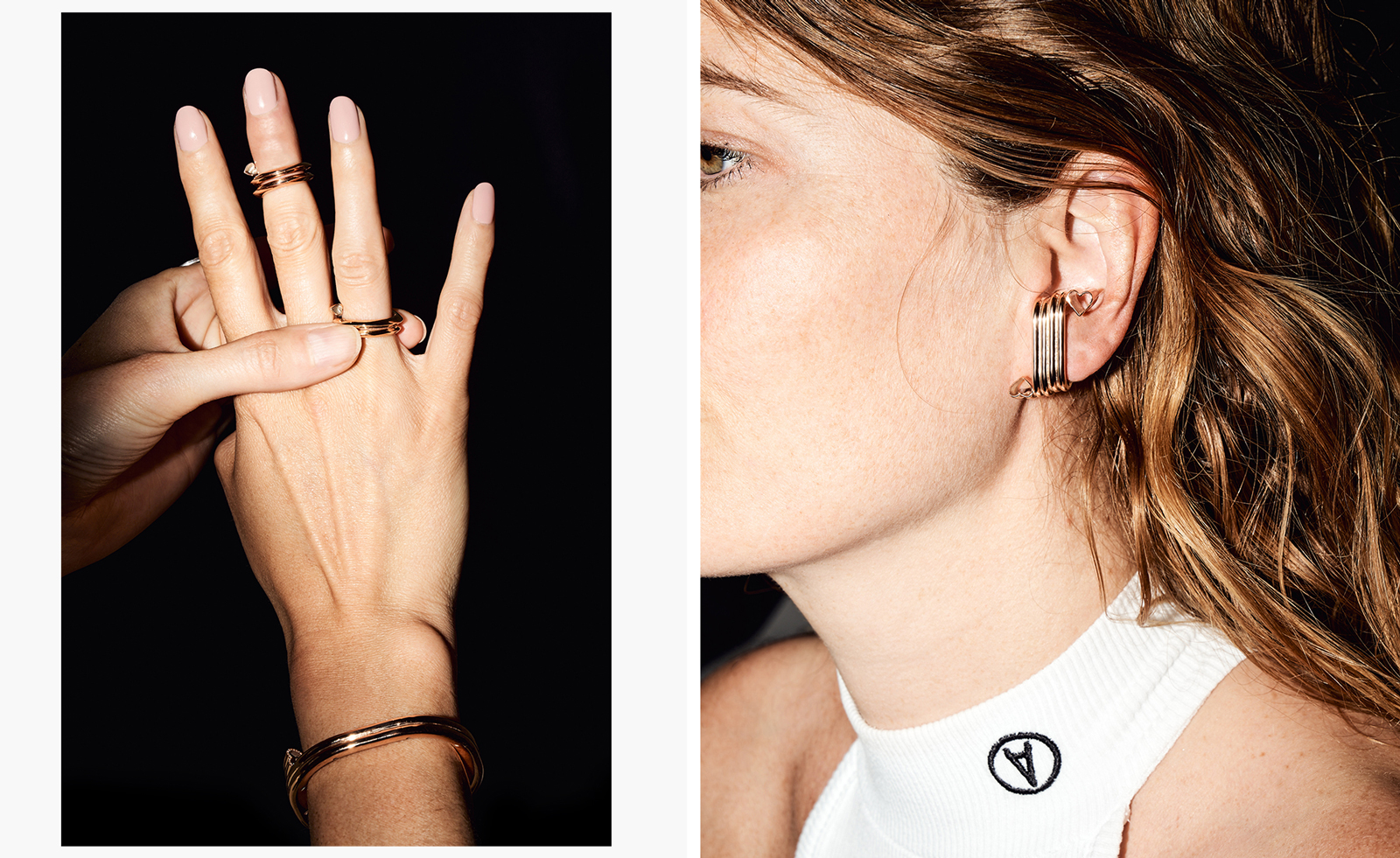 Kimy Gringoire's heart-shaped cables make for streamlined jewellery design
Kimy Gringoire's heart-shaped cables make for streamlined jewellery designExpanding and evolving her 2021 collection, Kimy Gringoire's new pieces reflect the duality of love
By Hannah Silver
-
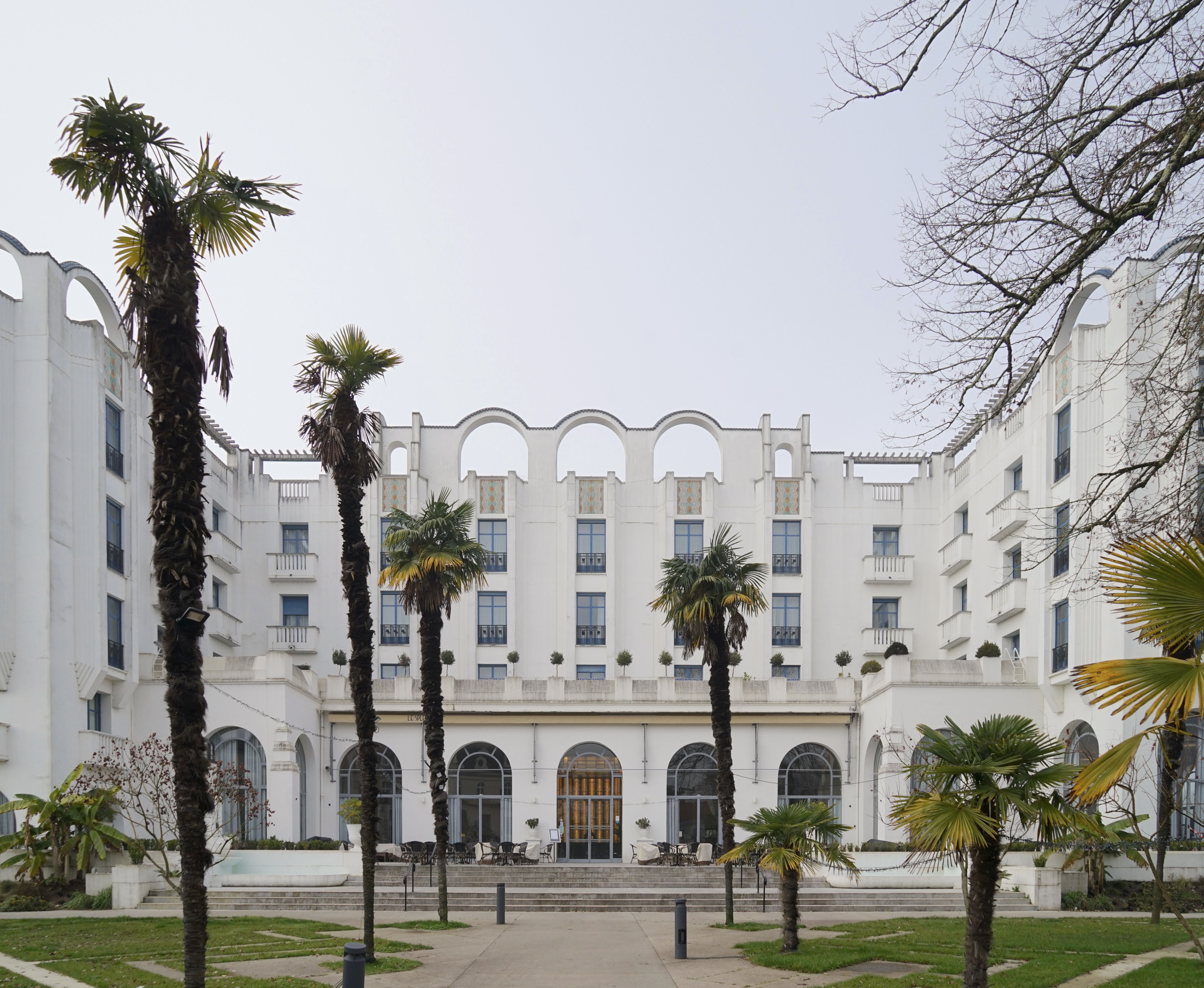 Art Deco architecture turns 100; take our world tour of its lesser-known marvels
Art Deco architecture turns 100; take our world tour of its lesser-known marvelsArt Deco architecture can be found across the globe, a 20th-century genre that influenced all building scales and typologies; and its centenary this week inspired our world tour of lesser-known gems
By Adam Štěch